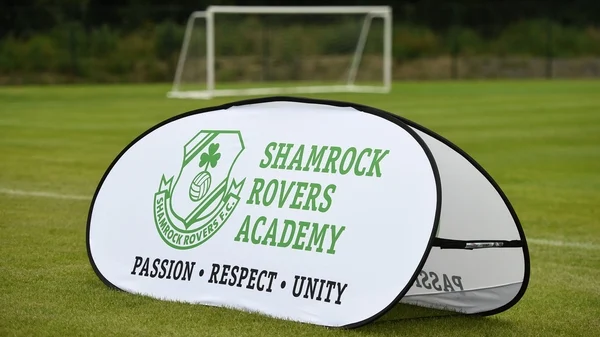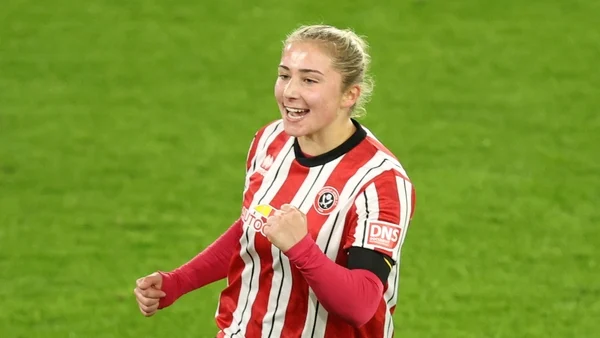Shamrock Rovers' academy is set to be recognised as a Tusla-regulated childcare service as part of a novel project that could revolutionise the funding of youth players in Irish football.
When up and running, Rovers' academy will receive financial support via the National Childcare Scheme (NCS), worth more than €2 for each hour that a boy or girl is coached.
The former Hoops, Hibs, Chesterfield and Bolton striker - who established Lily's Childcare before he retired - outlined his proposal in July, explaining how it could more than double the contact time coaches have with underage players in League of Ireland academies.
"The beauty of this arrangement is its scalability; increasing coaching hours would proportionally increase the funding received.
"For the NCS to be effectively integrated into football academies, clubs need to adapt their structures.
"The current average of eight hours could easily be doubled by increasing the number of training sessions midweek and on weekends and organising additional coaching camps during school holidays.
"The potential for clubs to receive over €200,000 annually by maximising contact hours is within reach, provided there is a structured and strategic approach to implementation. The benefits of the NCS extend beyond boys' teams. This funding model presents an opportunity to establish and support girls' teams, ensuring they receive the same resources and coaching as their male counterparts."
Rovers are planning a full, parallel academy for girls, which represents a massive boost for women's soccer.
Shamrock Rovers Community Foundation CLG (company limited by guarantee), the nonprofit entity set up separate from the club to manage the operation, has received approval from Minister of State for Sport Thomas Byrne.
To avail of the funding academy coaches must undertake additional training and vetting to meet Tusla requirements, but within 12 months the club hope to have up to 30 paid staff, with the potential to scale up to 40 if a pilot programme for 15 to 18-year-olds gets the green light.




